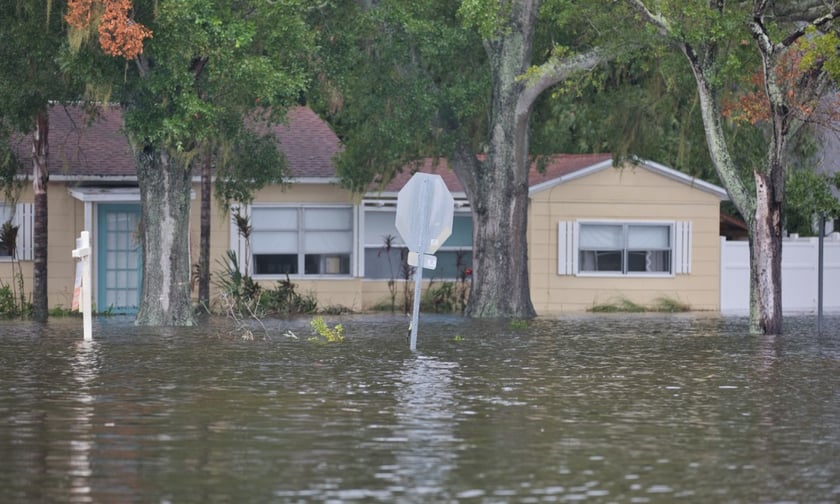

Florida residents are being urged to finalize preparations for Hurricane Milton, which is expected to make landfall along the west-central Gulf Coast of Florida as a major hurricane on Wednesday, Oct. 9, according to the Insurance Information Institute (Triple-I).
Milton, which intensified to a Category 5 hurricane on Monday morning with sustained winds of 160 mph, is the 13th named storm of the 2024 Atlantic hurricane season and the ninth hurricane overall. It is set to become the fifth tropical cyclone to make landfall in the US this year and the third to strike Florida in 2024.
Earlier this season, Hurricane Debby made landfall as a Category 1 storm in Florida’s Big Bend region on Aug. 5, with sustained winds of 80 mph. Hurricane Helene, a Category 4 hurricane, followed on Sept. 26, making landfall in Taylor County with sustained winds of 140 mph.
If forecasts hold, Milton will be the fourth major hurricane to hit Florida in the past two years, following Hurricane Ian in 2022, Hurricane Idalia in August 2023, and Hurricane Helene last month. It would also be the 11th major hurricane to make landfall in Florida since 2004.
The National Hurricane Center (NHC) has issued Hurricane Watches, Tropical Storm Watches, and Storm Surge Watches for parts of Florida’s Gulf Coast. It is anticipated that most of the Florida Peninsula and the Florida Keys will be under storm warnings by Tuesday.
In response to the storm, Florida Gov. Ron DeSantis has declared a state of emergency for 51 of the state’s 67 counties. Mandatory evacuations have been ordered in several Gulf Coast communities, and state officials expect this to be the largest evacuation since Hurricane Irma in 2017, according to the Florida Division of Emergency Management.
Phil Klotzbach, Ph.D., a non-resident scholar at Triple-I and senior research scientist at Colorado State University, said Monday that Hurricane Milton is expected to accelerate northeastward toward Florida’s west coast and could make landfall on Wednesday evening.
“Milton is expected to weaken somewhat as it approaches the coast due to strong vertical wind shear but still likely to be a major hurricane when it makes landfall. In addition to the significant wind threat from Milton, storm surge also has the potential to be severe,” Klotzbach said.
The NHC has warned that the impacts of Hurricane Milton may include destructive winds, life-threatening storm surge, flash flooding, isolated tornadoes, and widespread power outages throughout Florida. Some areas of South Georgia and South Carolina may also experience effects from Milton as it moves northeast into the Atlantic Ocean.
What are your thoughts on this story? Please feel free to share your comments below.
